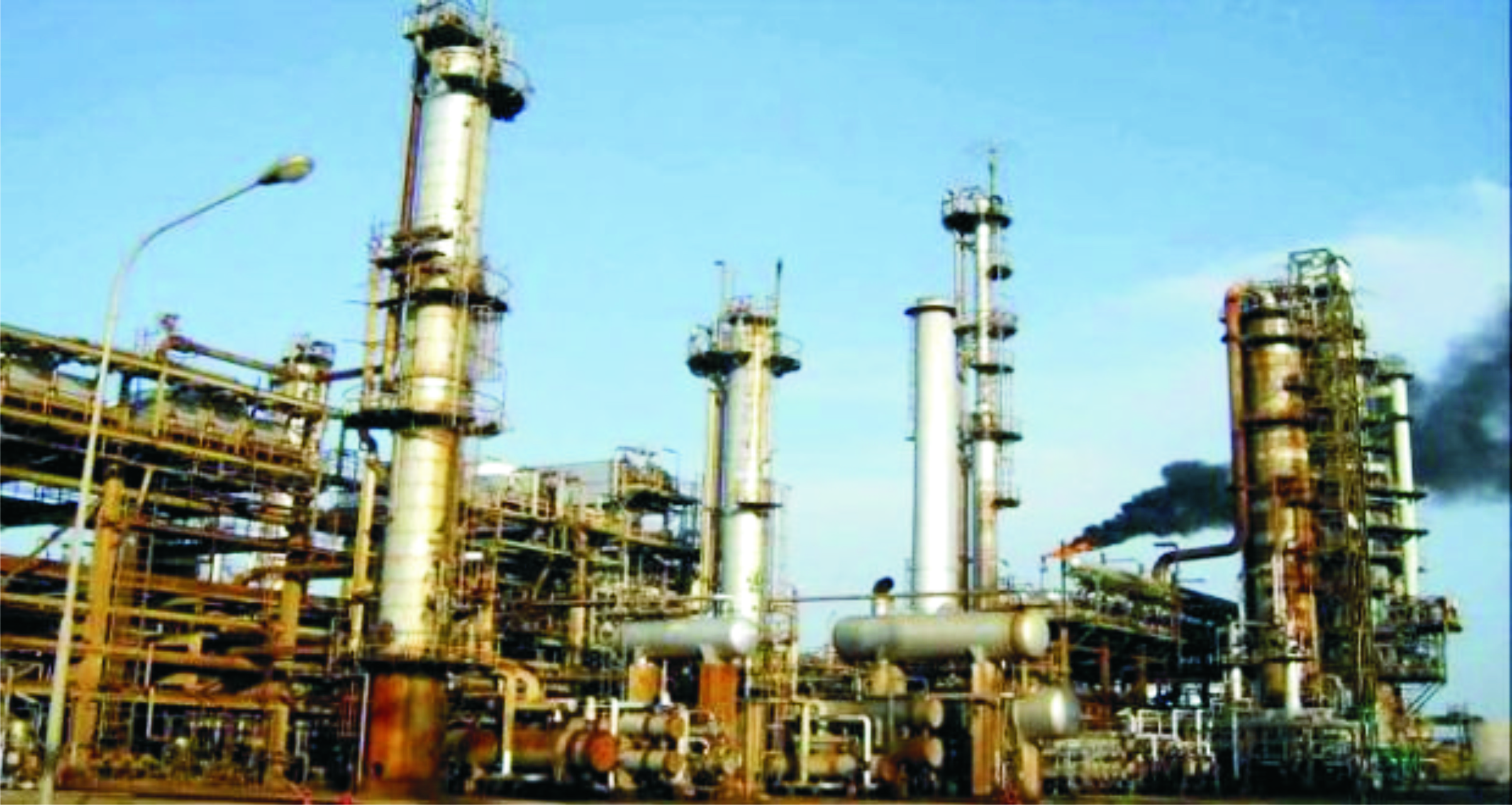Business
Group Urges FG To Encourage Artisanal Refineries In N’ Delta

The Executive Director, Youths and Environment Advocacy Centre (YEAC), Fineface Dunamene, has called on the Federal Government to lend support to artisanal refining in the Niger Delta just as it has done to mining in the northern part of the country through the Presidential Artisanal Mining of Gold.
He said that such support would go a long way in discouraging the youths from illegal refining, and enable them seek legitimate employment.
Dunamene who made the call at the weekend during an interaction with newsmen in Port Harcourt, noted that so much crude oil was being stollen on daily basis.
According to him, more than 150,000 barrels of crude was being stollen in the Niger Delta on daily basis, for which he alleged that the security agents and multinational oil companies are collaborators.
Pointing out that modular refinery is too expensive to establish by the youths who do not have the resources, he recalled that Rivers state was given the licence to operate a modular refinery at Ikpokiri, in Ogu/Bolo in 2013, but that no operation has started yet.
“The youth can not fund the operation of modular refinery because of the cost involved, where you have to obtain the different licenses, and each of them cost between $50, 000 and $100, 000 to obtain.
“ We have written to some senators and some groups in the region to get this done, and since the then Acting President made the promise to establish modular refineries in the region, nothing has been done about it up till now.
“I believe that if the presidential artisanal refining is declared in the region, it will give legal backing to operations of the popular ‘kpo fire’ because the boys will be trained, and given guide on how to operate to safeguard the environment
“This will also make the youth to leave the creeks, and of course, the kpo-fire products, we all can testify, is helping the local economy, because it is now the source of our kerosine, and the only way to stop them is to let the water to dry from the sea, and even the security operatives are enjoying from the proceeds”, he said.
By: Corlins Walter
Business
Fidelity Bank To Empower Women With Sustainable Entrepreneurship Skills, HAP2.0
Business
President Tinubu Approves Extension Ban On Raw Shea Nut Export
Business
Crisis Response: EU-project Delivers New Vet. Clinic To Katsina Govt.
-

 News3 days ago
News3 days agoAmend Constitution To Accommodate State Police, Tinubu Tells Senators
-

 Politics3 days ago
Politics3 days agoSenate Urges Tinubu To Sack CAC Boss
-

 News3 days ago
News3 days agoDisu Takes Over As New IGP …Declares Total War On Corruption, Impunity
-
Business3 days ago
President Tinubu Extends Raw Shea Nuts Export Ban To 2027
-
Business3 days ago
Crisis Response: EU-project Delivers New Vet. Clinic To Katsina Govt.
-
Business3 days ago
President Tinubu Approves Extension Ban On Raw Shea Nut Export
-
Sports3 days ago
NDG: Rivers Coach Appeal To NDDC In Talent Discovery
-
Rivers3 days ago
Etche Clan Urges Govt On Chieftaincy Recognition

